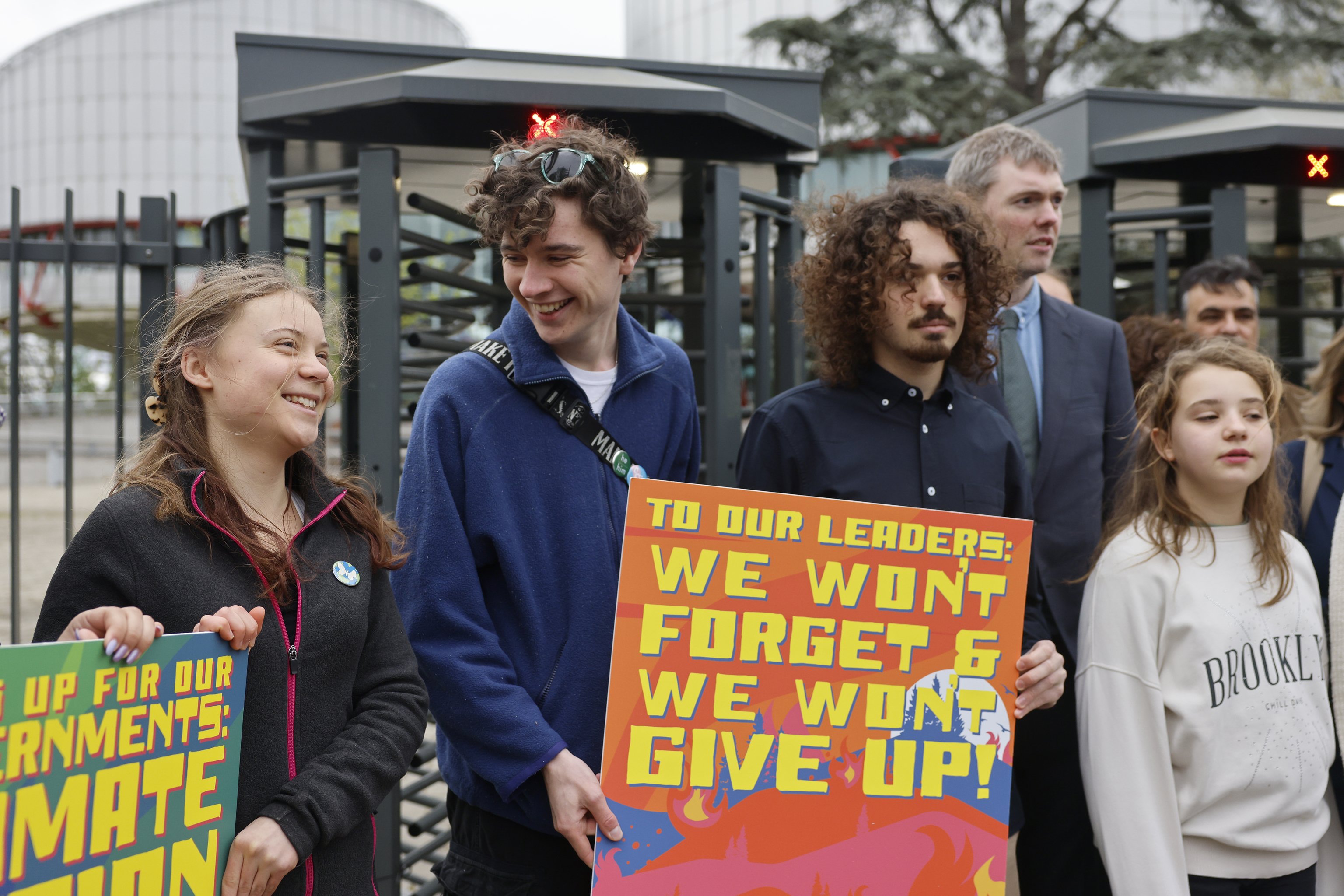The International Court of Justice in The Hague, the principal judicial organ of the United Nations, has ruled that the "consequences" of global climate change are "serious and far-reaching," and that its effects reflect "the urgent and existential threat" posed by the climate crisis.
Following the so-called landmark trial on climate change, the Court has issued its advisory opinion requested by the United Nations General Assembly on the obligations of States regarding climate change. The highest UN court rules that greenhouse gas emissions are "unequivocally caused by human activities," and "without territorial limits".
The case originated from an initiative by Pacific youth, taken up by the small island nation of Vanuatu, at risk of disappearance due to rising sea levels, and led by a coalition of 132 countries to request the court to address two key questions: What obligations do States have, under international law, to address the climate crisis? What legal consequences do they face if they do not act and cause irreversible damage? "Climate change is not a distant threat, but a present and real danger that is affecting our lives and putting the existence of our countries at risk," declared Vishal Prasad, director of the Pacific Islands Students Fighting Climate Change (PISFCC) group, which spearheaded this unprecedented initiative.
The Court states in its ruling "that the consequences of climate change are serious and far-reaching: they affect both natural ecosystems and human populations. These consequences highlight the urgent and existential threat posed by climate change," says Judge Yuji Iwasawa.
Although the ICJ's advisory opinion is not legally binding, the deliberation of the 15 judges in The Hague will carry legal and political weight, and future climate cases cannot ignore it. Before the ruling, climate action supporters gathered outside the ICJ, chanting: "What do we want? Climate justice. When do we want it? Now."
"The climate emergency is already causing serious violations of fundamental rights, such as access to water, food, and even the most basic right: the right to life," points out Susana Borràs Pentinat, associate professor of Public International Law and International Relations at Rovira i Virgili University, in statements to the Science Media Centre.
Dalila Gharbaoui, a political scientist, sociologist, and researcher at the University of Canterbury, expresses a similar view: "Despite the existing doubts about its applicability, this represents a significant advancement in climate law, with the potential to reform international and national legislation and have far-reaching implications for governments, businesses, and communities worldwide. The results could change how countries address climate commitments."
Over two weeks, an international panel of 15 judges heard, among others, the testimony of Ara Kouwo, 52, who recounted how the village of Veraibari in Papua New Guinea has had to be "relocated" four times already and is planning the fifth due to rising sea levels and increasingly violent storms causing floods.
Images of graves washed away and flooded by waves in the local cemetery of Carriacou, in the Caribbean archipelago of Grenada, were presented as evidence before the Court, where testimonies from African countries like Kenya or Sierra Leone, responsible for 0.01% of global CO2 emissions and yet among the most affected by extreme weather events, also resonated.
